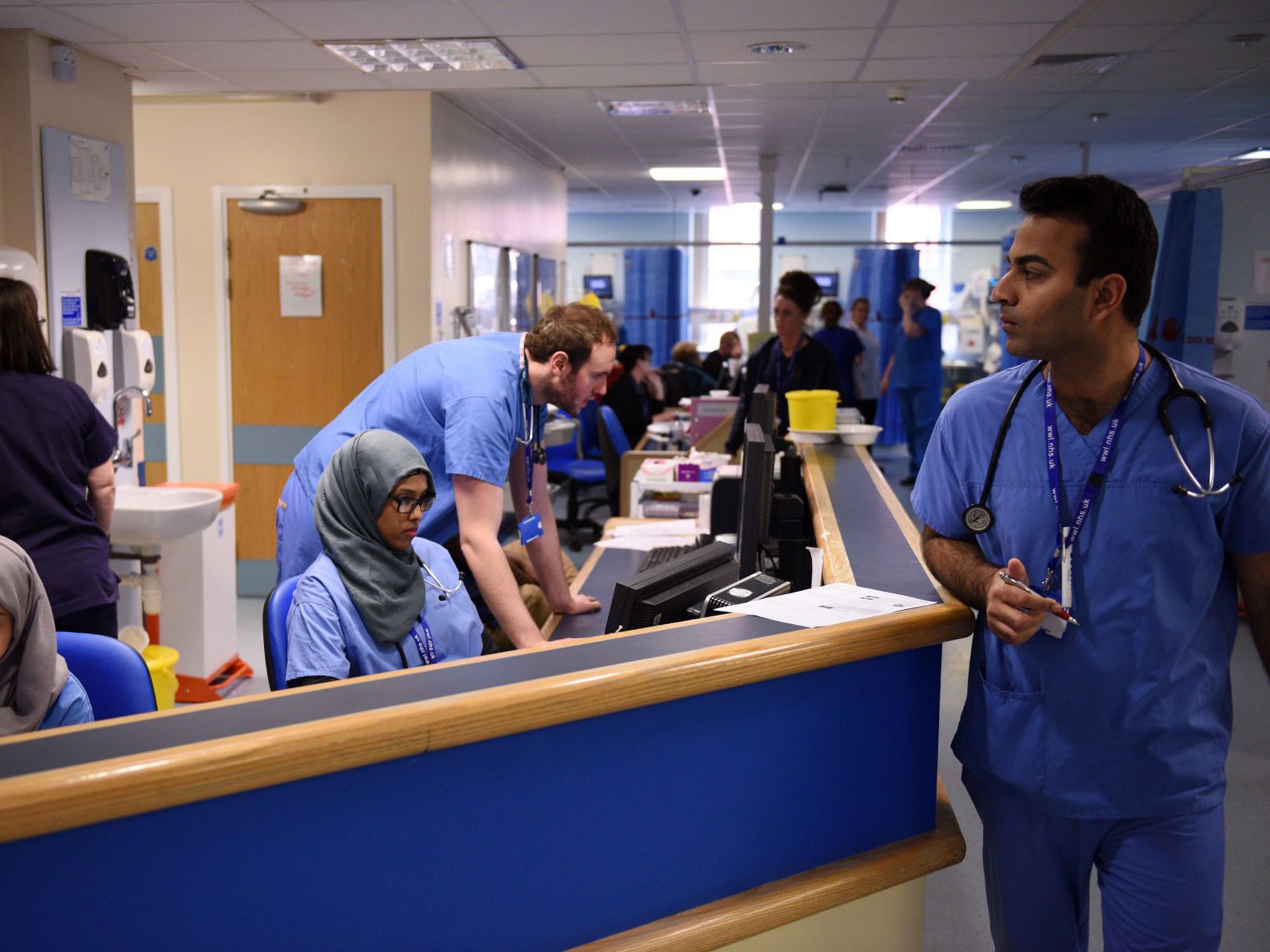Terrifyingly, according to the World Health Organisation definition the UK no longer has a NHS
The NHS Reinstatement Bill may be the final hope we have of getting our NHS back

The NHS has actually been abolished.
Now you may think that this is untrue. After all, you still go and see your GP or may be admitted to hospital and receive care free at the point of delivery. However, the Health & Social Care Act 2012 has abolished the NHS in legislative terms. It has achieved this through several mechanisms.
It has axed the government's responsibility for the NHS. It has devolved responsibility to Clinical Commissioning Groups (CCGs). The CCGs have no legal obligation to provide you with anything beyond emergency care - this may not be the case at present but it means that there is no legal guarantee that they will continue to do so.
It has opened up the NHS to unlimited privatisation. The government continues to deny that privatisation is taking place - of course they do. A simple rebuffal comes from the World Health Organisation definition of healthcare privatisation, which describes it as the increasing financing and/or provision of healthcare by non-governmental actors. And the NHS Support Federation has shown that £30 billion of NHS contracts have been tendered since the Act came into effect. £16 billion have been awarded with 34 per cent going to the private sector.
The introduction of market forces increases cost, reduces efficiency and increases iniquitous provision of healthcare. We know this from extensive data across many countries. This is because privatisation seeks to make profits, pays out dividends to shareholders and creates layers of bureaucracy administered by tiers of staff and managers through market mechanisms such as billing, tendering and contracting. The simple truth is that public healthcare systems are the most cost efficient.
The Private Finance Initiative (PFI) was touted as the largest hospital building programme in the history of the NHS. The outcome has been that PFI hospitals with an original cost of around £11.5 billion will actually cost up to £80 billion with the difference going to private consortia. Across all infrastructure, PFI will end up costing an extra £250 billion.
It is worth bearing this in mind the next time you hear about A&E in crisis or another beleaguered hospital. And when you hear a minister or policy wonk pontificating about the NHS crisis remember that the solution is not more privatisation. We all stand to lose from the introduction of charging and universal private health insurance.
The NHS Reinstatement Bill, written by Professor Allyson Pollock and Peter Roderick and sponsored by Caroline Lucas MP, will have its second hearing in Parliament on Friday 11th March 11th. It has extensive cross-party support from 72 MPs including Green, Liberal Democrat and the SNP.
This legislation would 'renationalise' the NHS and restore it to its original remit. It would repeal the Health & Social Care Act 2012, protect the NHS from the Transatlantic Trade & Investment Partnership (TTIP) and from ruinously expensive partnerships with the private sector, reverse the internal market (as is already the case in Scotland) and attempt to solve the toxic problem of PFI debt.
We need everyone - NHS staff, patients and the public - in this fight. Click on the website. Spread the word on social media. Sign the 38 degrees petition. Write to your MP to make sure they attend the debate this Friday. Join a local campaign group. Once the bill has enough publicity then it will be difficult to ignore. And when the government eventually opposes it then they will reveal their true colours - that they do not care about our NHS.
Youssef El Gingihy is a GP and author. How to Dismantle the NHS in 10 Easy Steps is published by Zero books. You can also listen to Youssef read his piece here:
Join our commenting forum
Join thought-provoking conversations, follow other Independent readers and see their replies
0Comments